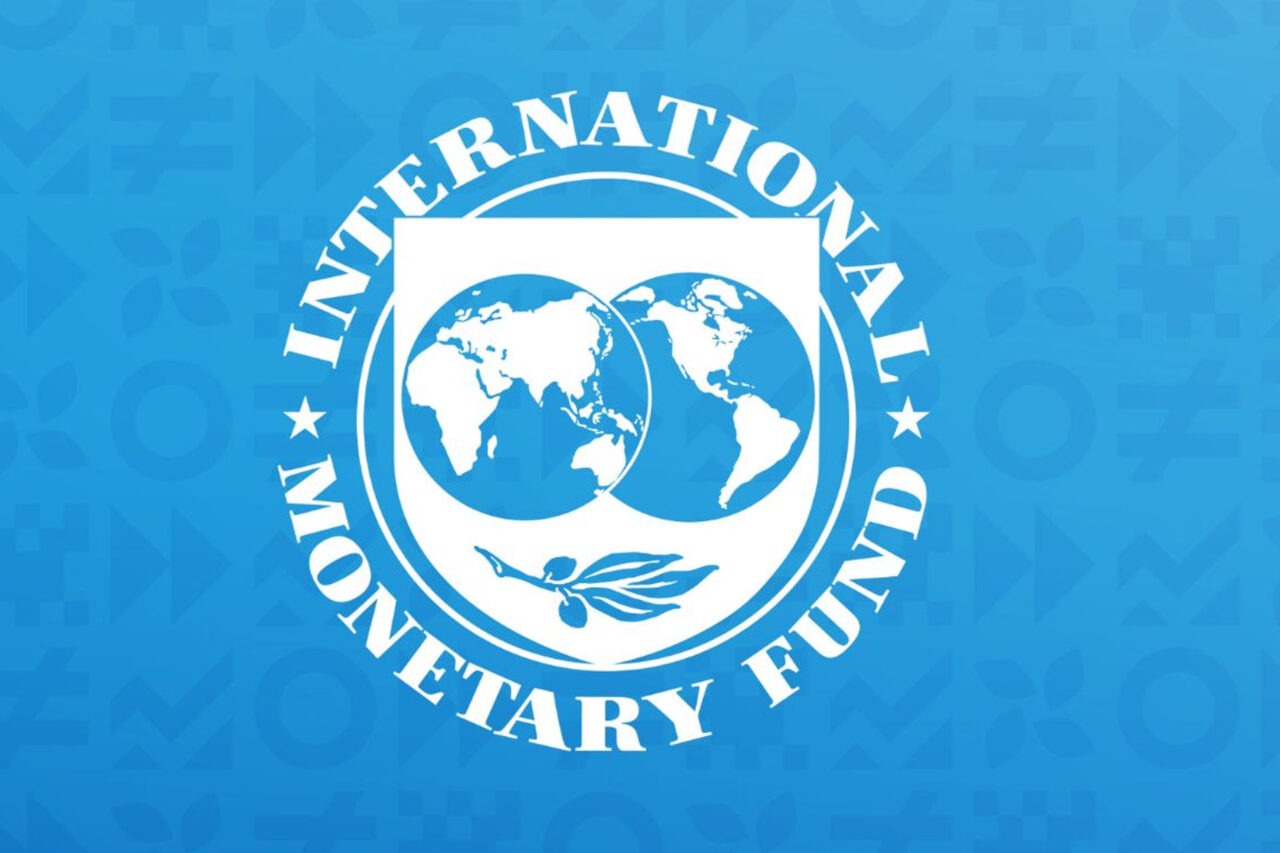Nigeria has been omitted from the International Monetary Fund’s list of Africa’s fastest-growing economies, according to the latest Regional Economic Outlook: Sub-Saharan Africa launched during the IMF/World Bank annual meetings in Washington, D.C.
In the release, the IMF named Benin, Côte d’Ivoire, Ethiopia, Rwanda and Uganda as the continent’s most rapidly expanding economies.
The report states that the region has shown resilience to “a series of major shocks over the past several years,” and that it “features several of the world’s fastest-growing economies, including Benin, Côte d’Ivoire, Ethiopia, Rwanda, and Uganda.”
However, the IMF cautioned that “economic performance remains markedly weaker in resource-intensive countries and in several conflict-affected states.”
In these economies, which include many of the region’s most populous, per capita income gains are described as modest, “around 1 percent a year on average, and less in the poorest countries.”
Across the region, economic growth in sub-Saharan Africa is forecast to hold at 4.1 per cent in 2025, matching the rate projected for 2024, with a modest uptick expected in 2026.
While Nigeria did not make the fast-growing list, the IMF recognised that growth forecasts have been revised upwards, citing “continued progress toward macroeconomic stabilisation and reform initiatives, including in Nigeria and Ethiopia.”
Still, the IMF warned that fiscal fragility is a key vulnerability across much of sub-Saharan Africa, especially in lower-income countries.
It observed that average public debt ratios have stabilised but remain at high levels, and that the “debt-service burden, in terms of interest payments relative to fiscal revenues, has increased steadily … crowding out priority development expenditures, for instance in Kenya and Nigeria.”
Monetary and external vulnerabilities, the IMF added, also “affect parts of the region, particularly low-income countries (LICs).”
Inflation, it noted, has moderated in many places: median inflation fell from over six per cent at the end of 2023 to around four per cent, owing to lower global food and energy prices and tight monetary policy. But it projected that inflation will remain in double digits through year end in “roughly one-fifth of the region, including Nigeria, Angola, Ethiopia, and Ghana.”
The report further flagged weaknesses in external positions: in many countries, reserves fall short of the recommended three months of import coverage, and in LICs, median reserve levels have declined to about 2.5 months of imports — a consequence, in part, of exchange rate interventions to support domestic currencies.
On Nigeria’s reforms, the IMF acknowledged recent tax policy changes and said that the decline in inflation is partly attributable to tighter policy measures and adjustments in the exchange rate.
- LASUSTECH to Launch Bola Ahmed Tinubu Institute of Politics and Policies - January 17, 2026
- Nigeria Delisted from EU High-Risk Financial Jurisdiction List - January 17, 2026
- Atiku’s Son, Dumps PDP for APC, Pledges Support for Tinubu’s Re-election - January 17, 2026

